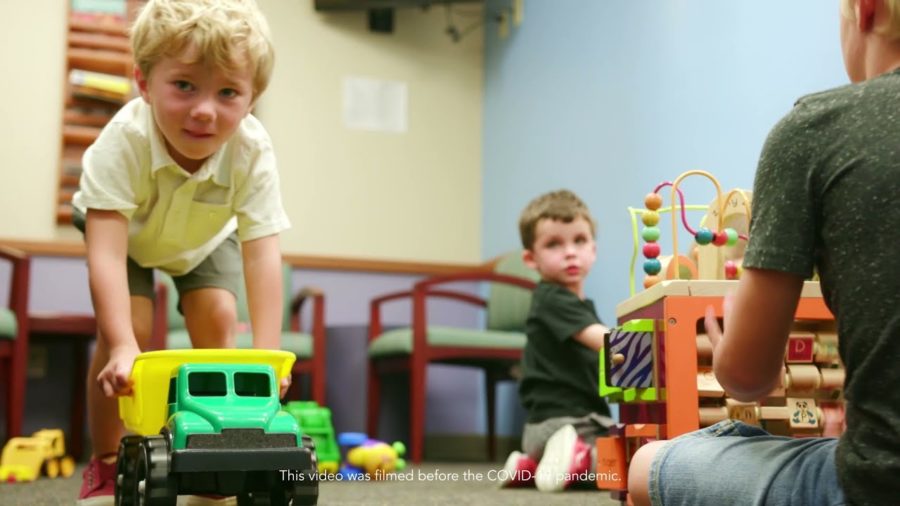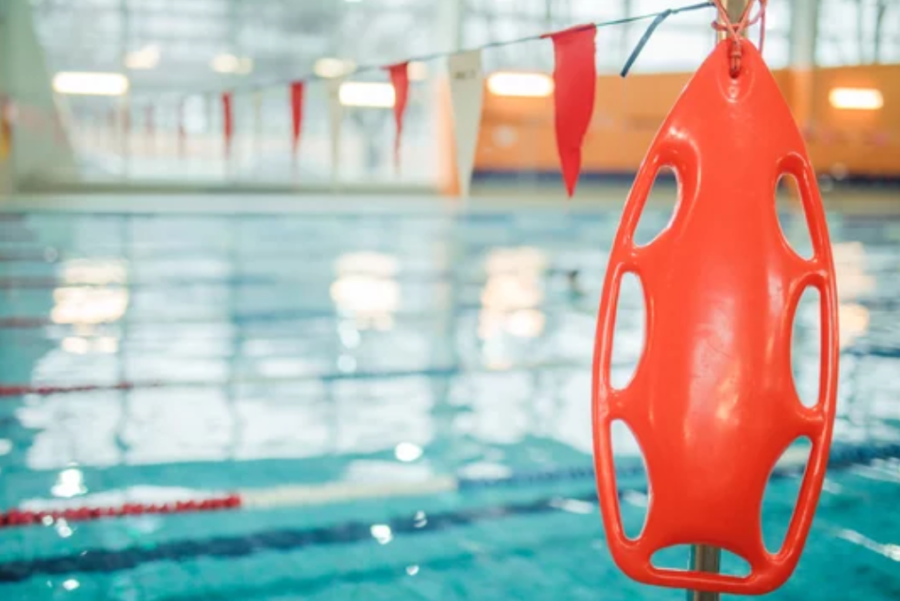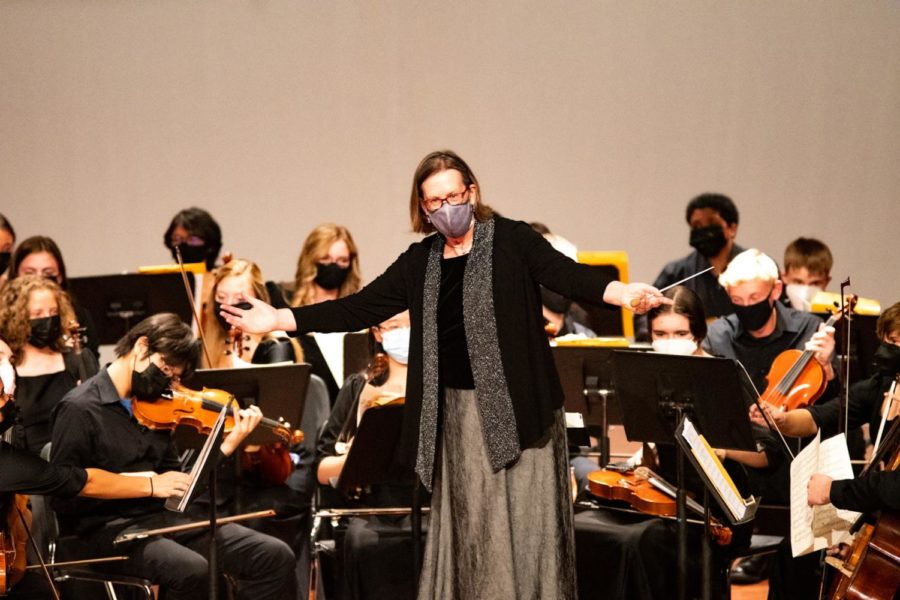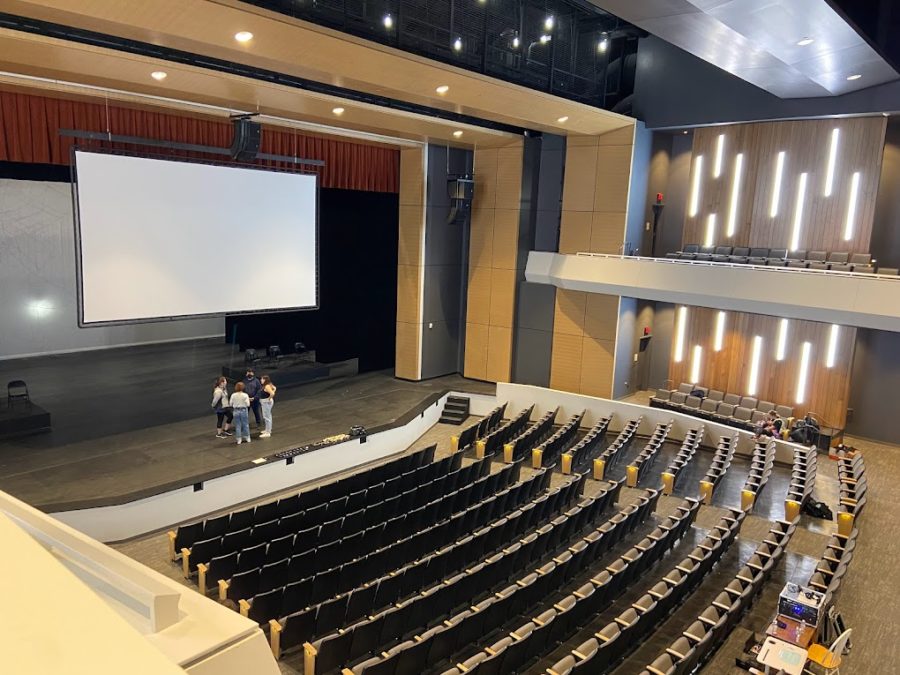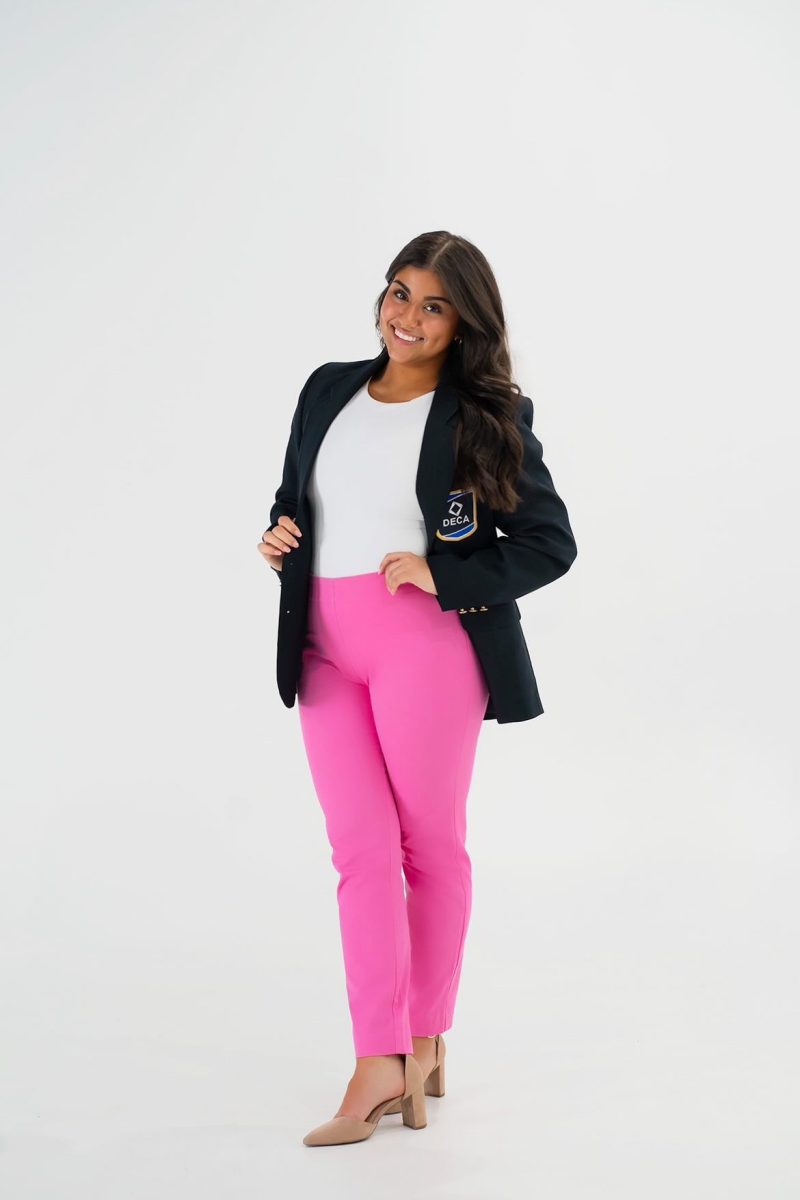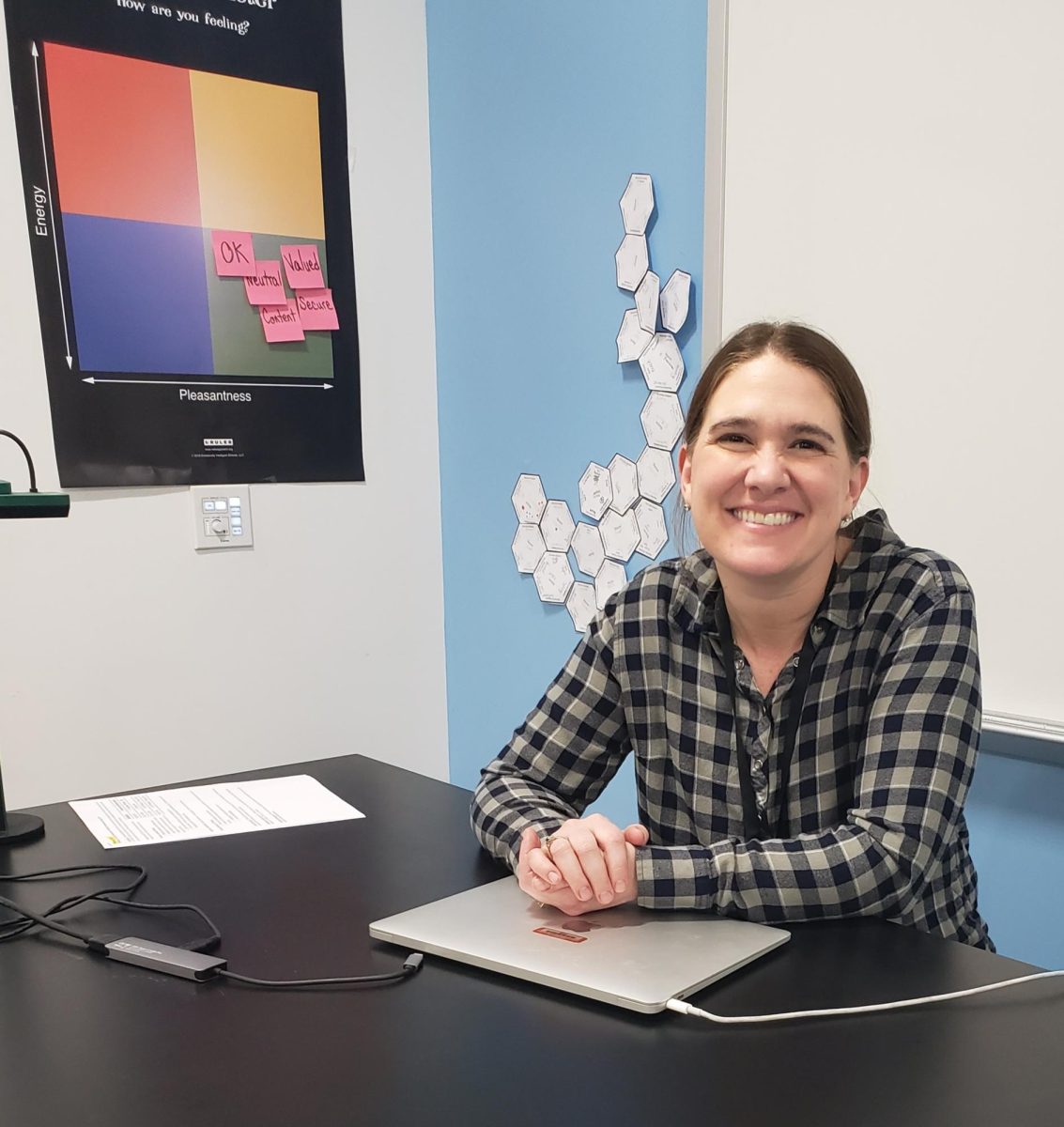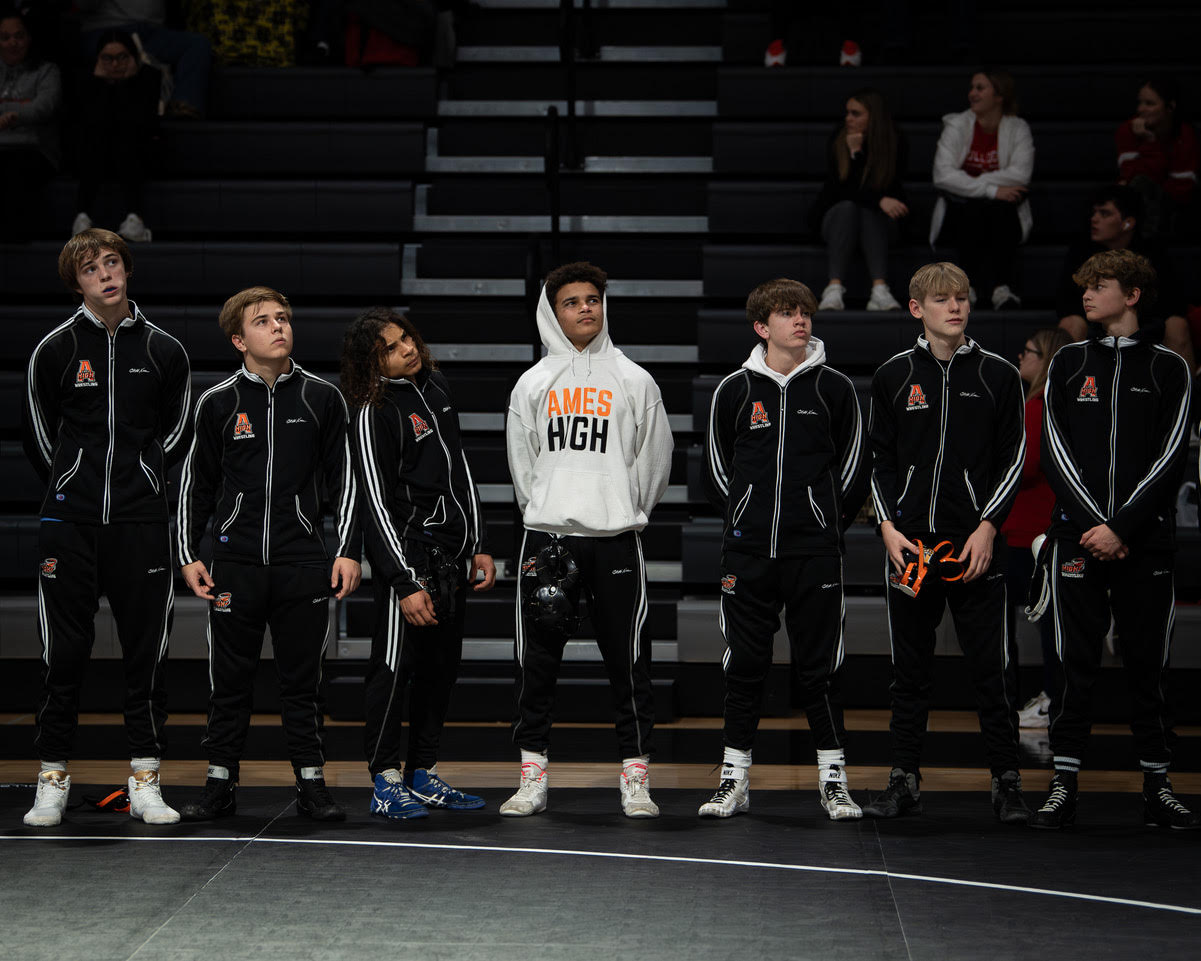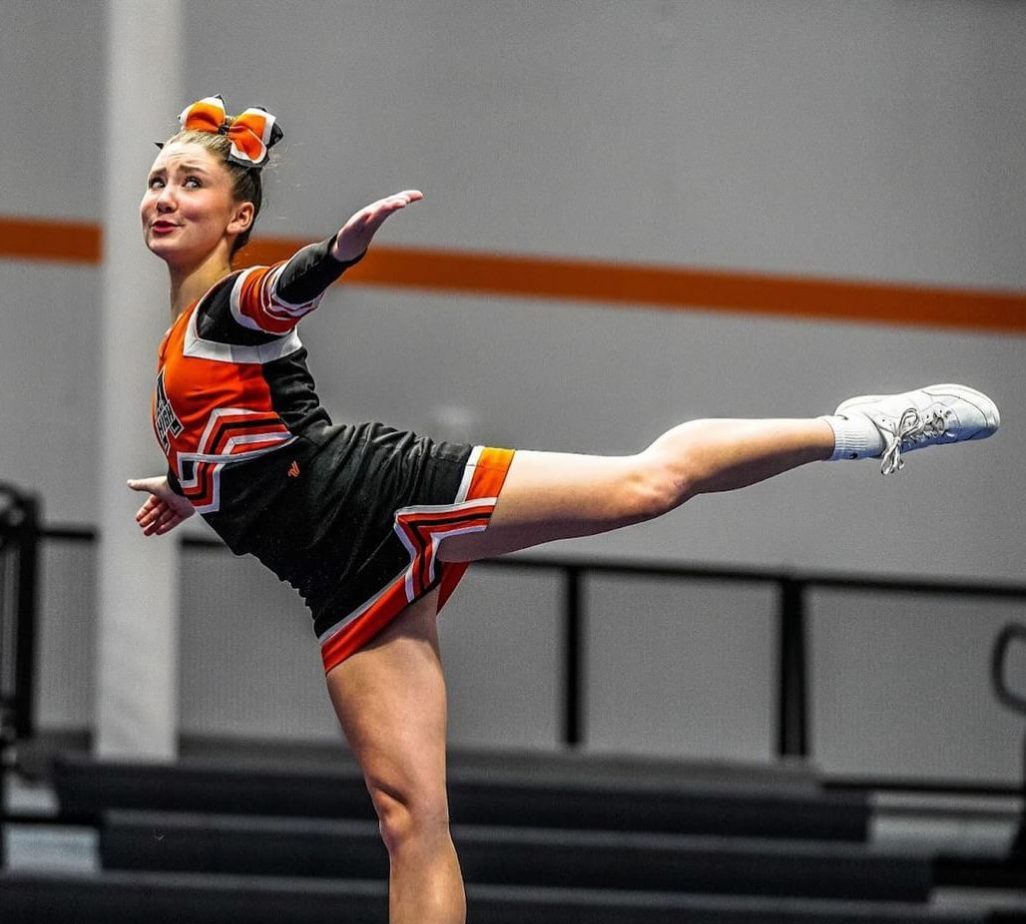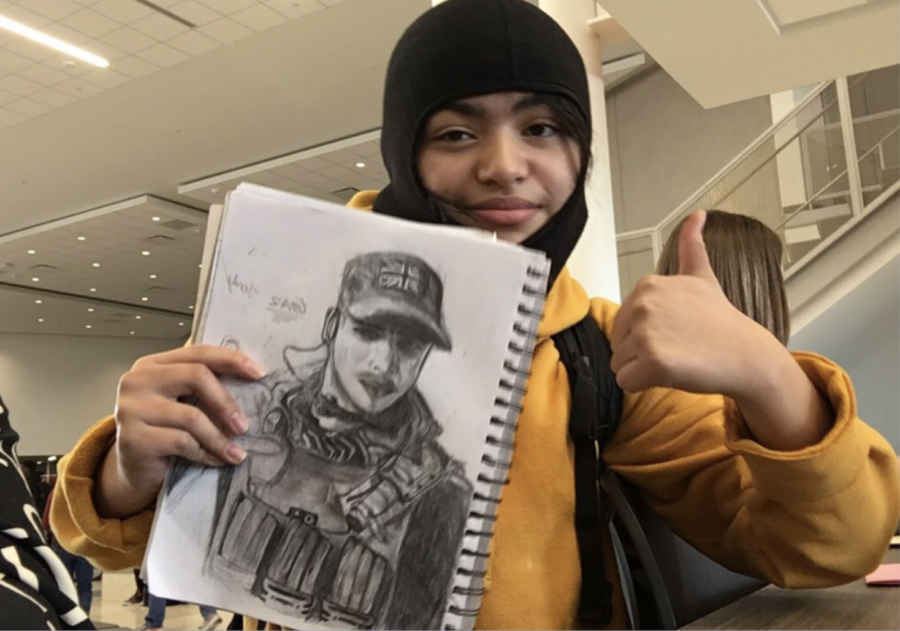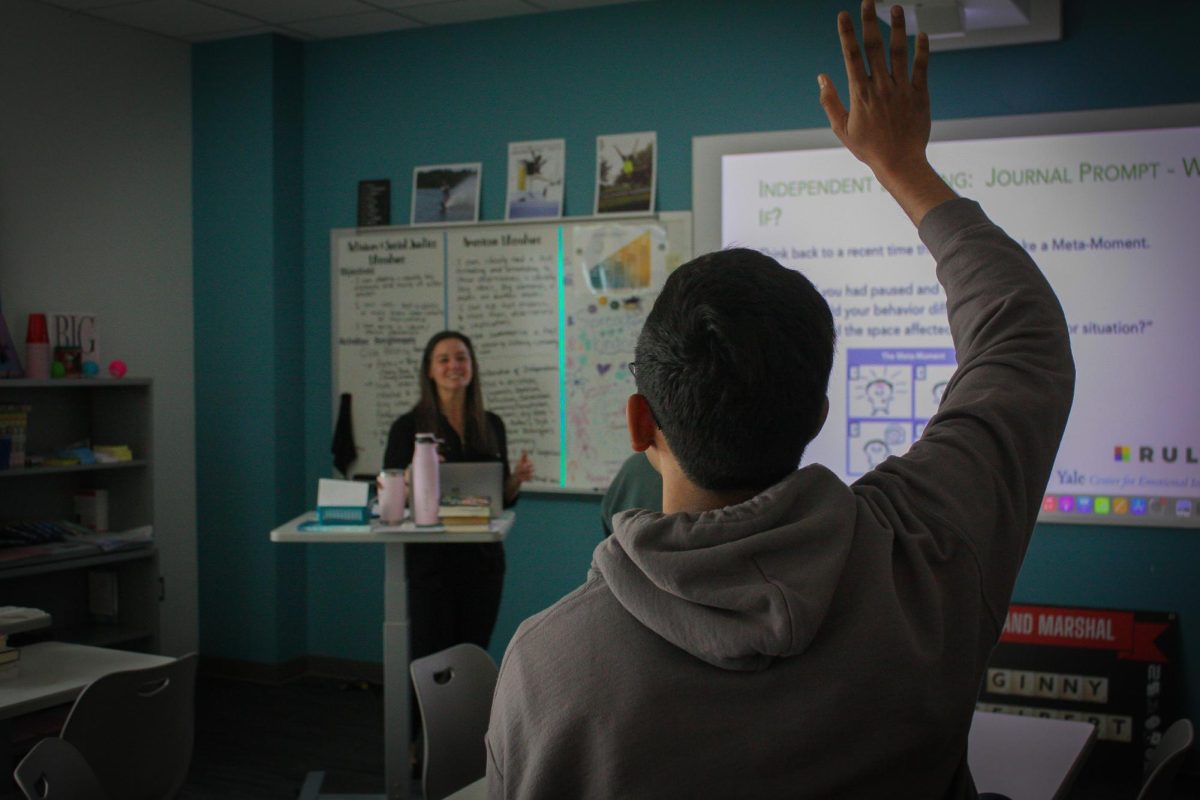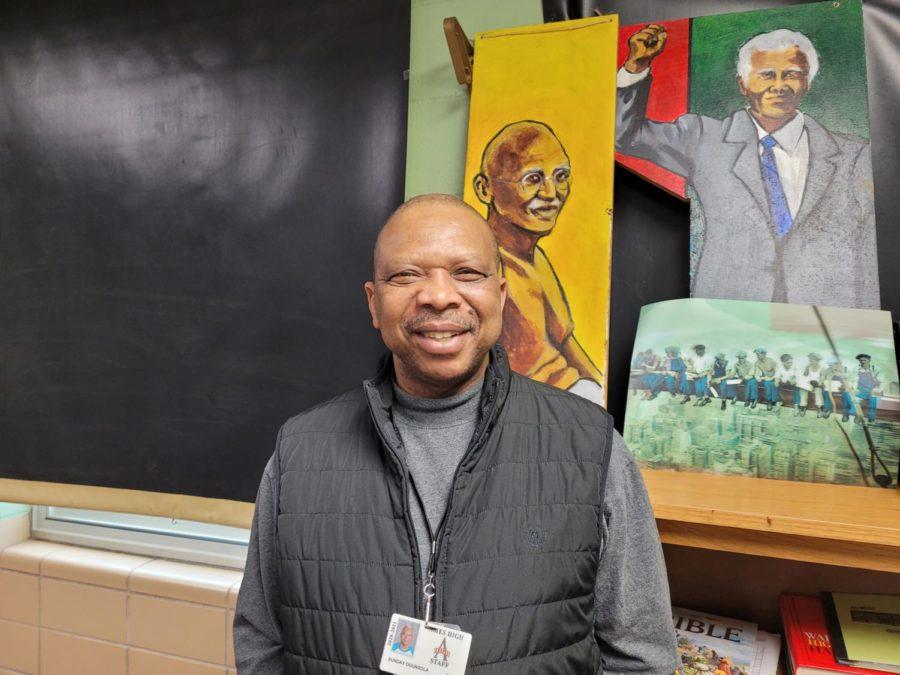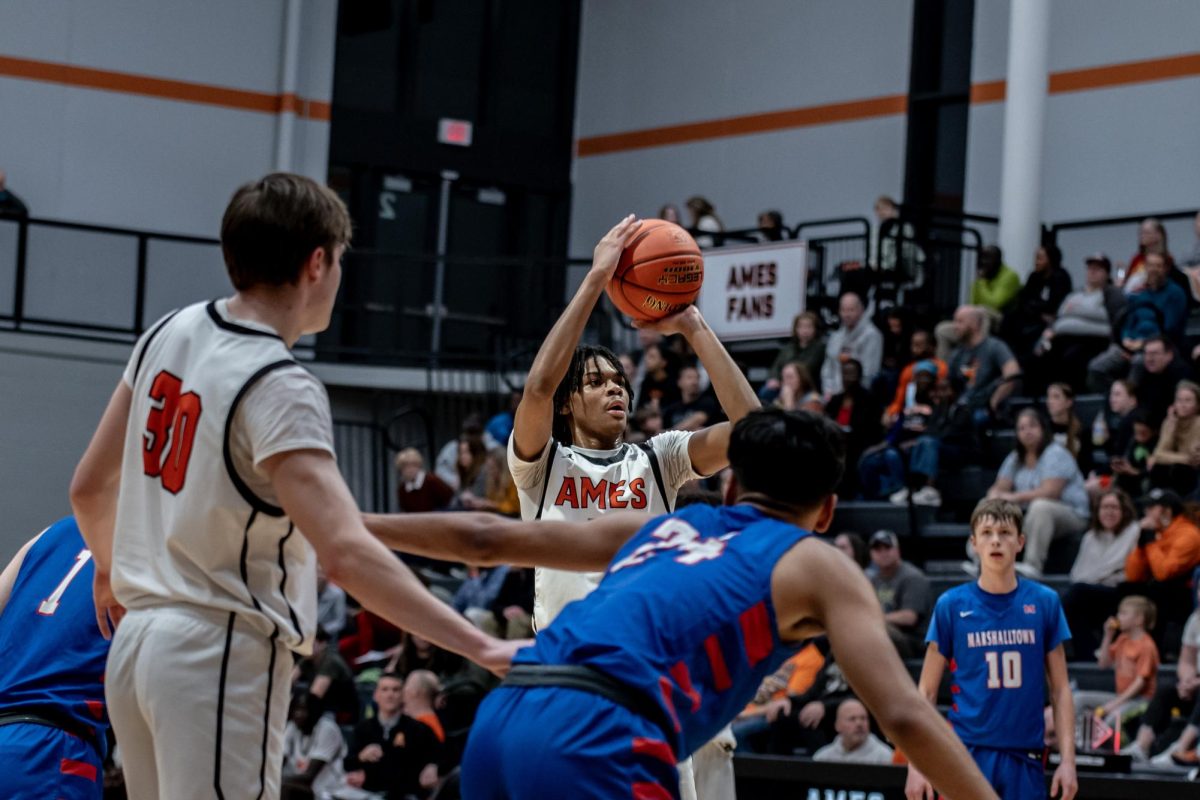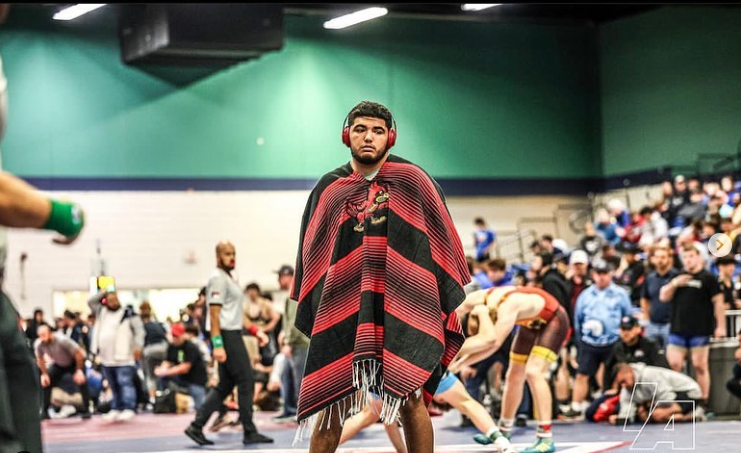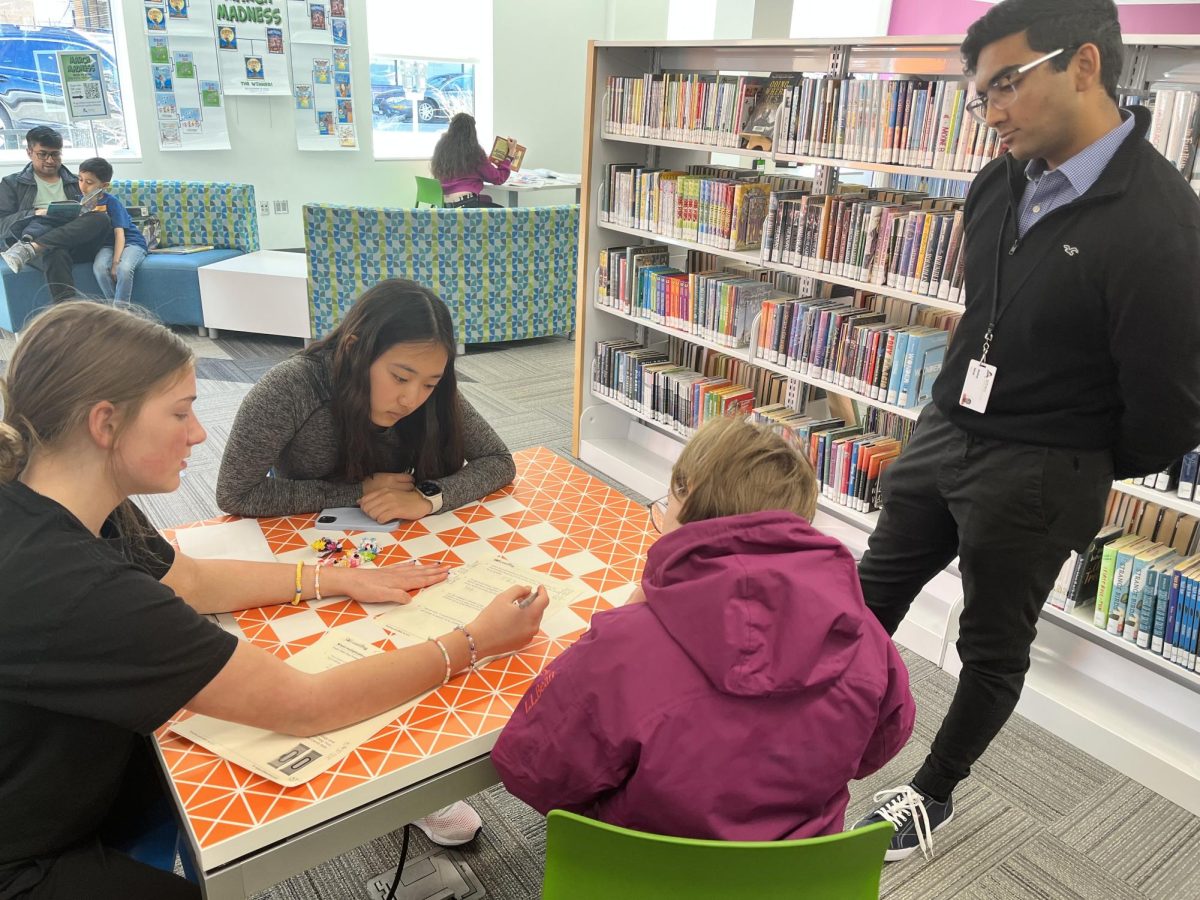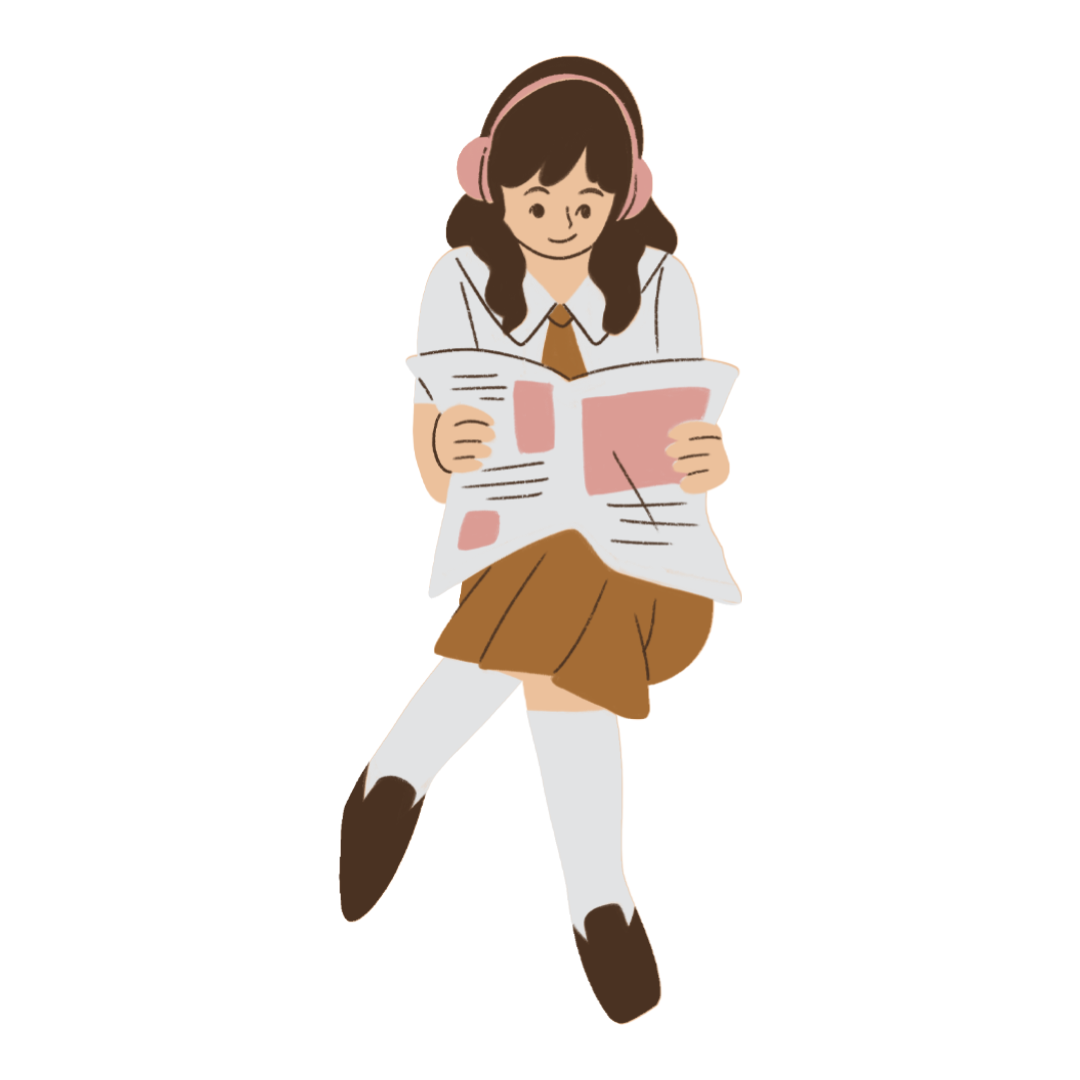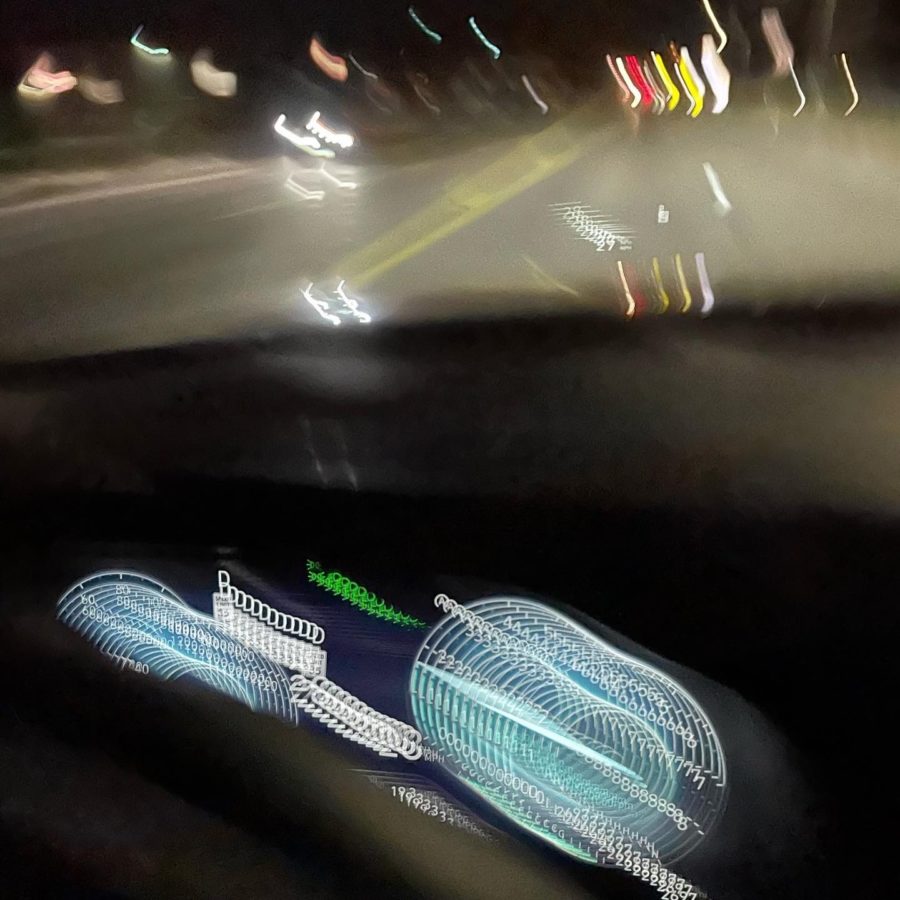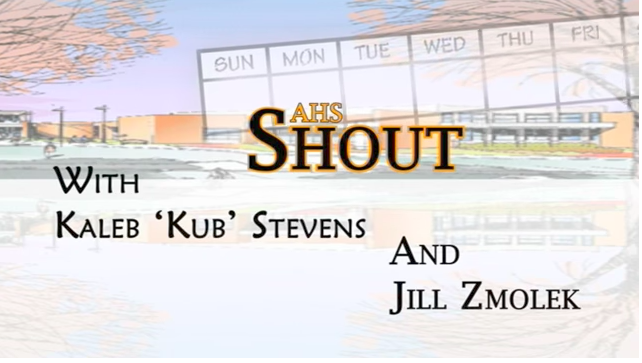âThe biggest challenge is the language gap,â junior Ricardo Cibils said. âItâs tough speaking English all day.â Before Ricardo Cibils moved to the United States, he was a typical Uruguayan. He spoke Spanish to all of his friends, went to the beach in his hometown of Colonia, and played and watched soccer all the time. âI watched soccer any chance I could get. The only reason I watched TV was so I could watch soccer. I watched it four hours a day at least,â Cibils said. This all changed when Cibilsâ mother decided to get her masterâs degree in biology from Iowa State University. He had to move to a small town without any beaches in the middle of a farming state. The language was different and he didnât know anybody, until he joined the Ames Soccer Club. âWhen I joined the soccer club, I met a bunch of different people. [Ryan] Mcgowan and Ethan [Bruning] both helped me make the transition. They were my first friends in the US,â Cibils said. Cibils immersed himself in the language slowly by speaking it one to two hours a day, two times a week at first, but when school started he had to speak English all day. âIt was nice to start slow, because I quit taking English in the eighth grade,â Cibils said, âbut it all came back to me and now I am learning all of the slang people use here.â Although he âdoesnât really like school,â Cibils enjoys seeing all of his friends and the different people at Ames High. His favorite subject in school is science. He is taking physics this year and looks forward to chemistry next year. âMy favorite teacher is Mr. Todd, because he is a nice and funny guy.â Cibils said. âPhysics is my favorite subject.â When the last bell rings Cibil goes to soccer practice, where he really shines. He is the center-midfielder on the varsity soccer team, playing a sport that he has enjoyed since he was nine. However, the transition to the American style of play was a hurdle for Cibils. âIn Uruguay they play a more rough form of soccer – itâs okay to push people and play kind of dirty.â Cibils said. âHere the referees donât allow it. They called a lot of fouls on me in my first games here, but Iâve learned to settle down.â The game is more physical in Uruguay, but the differences in the two countriesâ style of soccer cross over from the soccer field to the general scheduling of the season. âIn Uruguay they play all year long, but here we only play for one semester.â Cibils said. âItâs difficult because the team doesnât get to know each all that well for a while.â Although the differences between the two cultures seem glaring, Cibils finds ways around it. âNo matter where you go, people are still people and they will always be that way,â Cibils said.
Uruguayan on Ames field
JESS NELSON
•
May 6, 2008
Story continues below advertisement
Leave a Comment
Donate to The WEB
$0
$450
Contributed
Our Goal
Your donation will support the student journalists of Ames High School, and Iowa needs student journalists. Your contribution will allow us to cover our annual website hosting costs.

